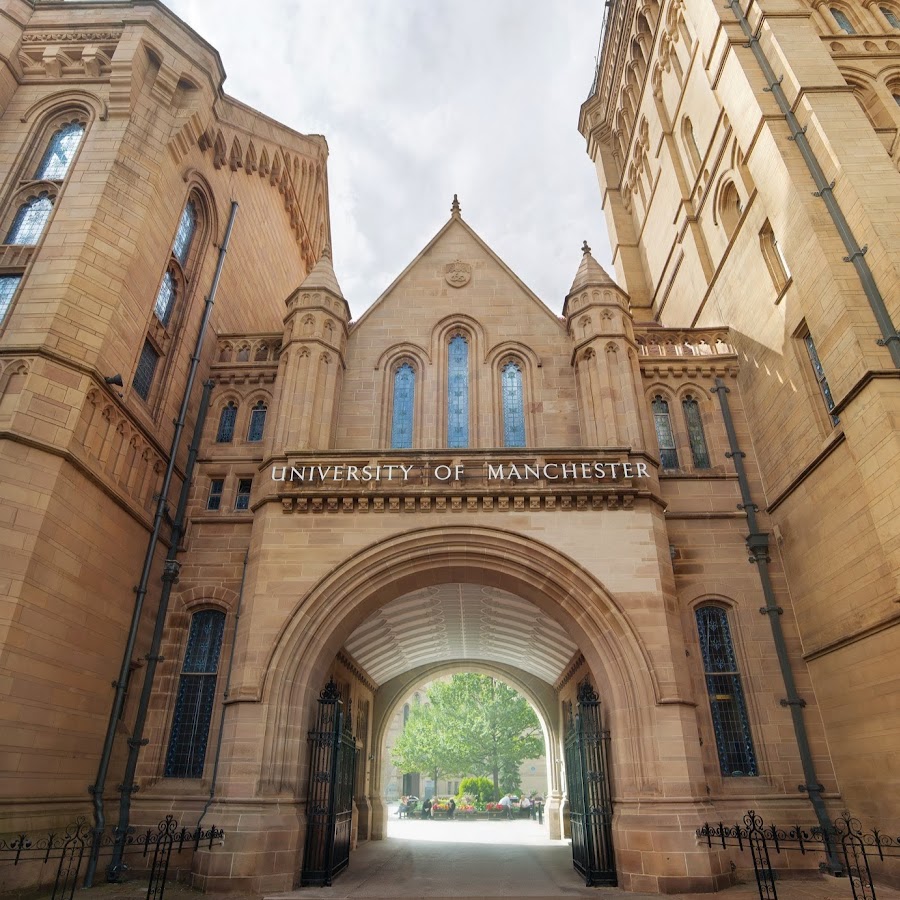
University of Manchester
West Midlands Full timeThe University of Manchester: A Distinctive Hub of Innovation and Academic Excellence
Introduction:
Nestled in the vibrant and diverse city of Manchester, the University of Manchester stands as a symbol of academic distinction and a pioneer in research and innovation. Established in 2004 through the merger of the Victoria University of Manchester and UMIST, the university has a rich history that dates back to the 19th century. In this article, we will delve into the key aspects that make the University of Manchester a distinctive hub of academic excellence, research innovation, and global impact.
Historical Roots and Legacy:
The University of Manchester traces its roots back to 1824, when the Manchester Mechanics' Institute was founded. Over the years, it evolved into the Victoria University of Manchester, renowned for its commitment to providing accessible and high-quality education. The merger with UMIST in 2004 created a unified institution that combines the strengths of both, establishing the University of Manchester as a leading force in the global academic landscape.
Academic Excellence and Rankings:
Consistently ranked among the top universities globally, the University of Manchester is synonymous with academic excellence. The university offers a diverse range of undergraduate and postgraduate programmes across various disciplines, including humanities, sciences, engineering, social sciences, and business. Its commitment to providing a rigorous and intellectually stimulating education is reflected in its high standing in international rankings.
The University of Manchester's faculty comprises leading experts, scholars, and researchers who are at the forefront of their respective fields. The emphasis on research-led teaching ensures that students are exposed to cutting-edge knowledge and have the opportunity to engage with groundbreaking research throughout their academic journey.
Research and Innovation:
At the heart of the University of Manchester's identity is its commitment to research and innovation. The university is home to numerous research centers and institutes that cover a broad spectrum of disciplines. From advancements in materials science and healthcare to breakthroughs in social sciences and the humanities, the research conducted at the University of Manchester has a significant impact on society.
The university actively fosters a culture of innovation and entrepreneurship, supporting students and researchers in translating their ideas into real-world applications. Initiatives like the Manchester Institute of Innovation Research and collaborations with industry partners contribute to the university's reputation as a catalyst for innovation.
Campus and Facilities:
The University of Manchester's campus is a blend of historic and modern architecture, reflecting the institution's commitment to both tradition and innovation. Iconic buildings such as Whitworth Hall and the Alan Turing Building coexist with state-of-the-art facilities that support teaching, research, and student life.
The campus provides a vibrant and inclusive environment for learning and collaboration. With modern lecture theatres, cutting-edge laboratories, and collaborative spaces, the University of Manchester ensures that students have access to the resources they need for academic success. Additionally, the university's commitment to sustainability is evident in its green initiatives and environmentally friendly campus practises.
Global Impact and Collaboration:
The University of Manchester's impact extends far beyond the campus borders. With a global outlook, the university actively engages in international collaborations, research partnerships, and academic exchanges. The institution's global network of alumni and connections with leading universities around the world contribute to a diverse and interconnected academic community.
Research collaborations with institutions, industry partners, and policymakers on a global scale enhance the impact of the University of Manchester's research output. The university's contributions to addressing global challenges, such as climate change, health disparities, and technological innovation, exemplify its commitment to making a positive impact on a global scale.
Student Experience and Support:
The University of Manchester is dedicated to providing a holistic student experience that goes beyond academic achievement. The university offers a wide range of extracurricular activities, clubs, and societies that cater to diverse interests, fostering a vibrant campus life.
Support services, including academic advising, career counselling, and mental health resources, are integral to the student experience at the University of Manchester. The institution recognises the importance of supporting students in their personal and professional development, ensuring that they have the tools and resources needed to thrive during their time at the university and beyond.
Community Engagement and Social Responsibility:
As a major institution in the city of Manchester, the university actively engages with the local community and demonstrates a commitment to social responsibility. Initiatives such as community outreach programmes, partnerships with local organisations, and collaborations with cultural institutions contribute to the university's role as a responsible and engaged member of society.
The University of Manchester's dedication to social responsibility is also evident in its research and academic programmes that address societal challenges. Whether through advancements in healthcare, sustainable development, or social justice, the university leverages its expertise to contribute positively to the wider community.
Conclusion:
In conclusion, the University of Manchester stands as a distinctive hub of innovation, academic excellence, and global impact. With a rich history, a commitment to research and innovation, and a diverse and inclusive community, the university continues to shape the future of education and contribute meaningfully to society. As it builds upon its legacy and embraces the challenges and opportunities of the future, the University of Manchester remains a beacon of intellectual curiosity, research prowess, and a catalyst for positive change on a global scale.